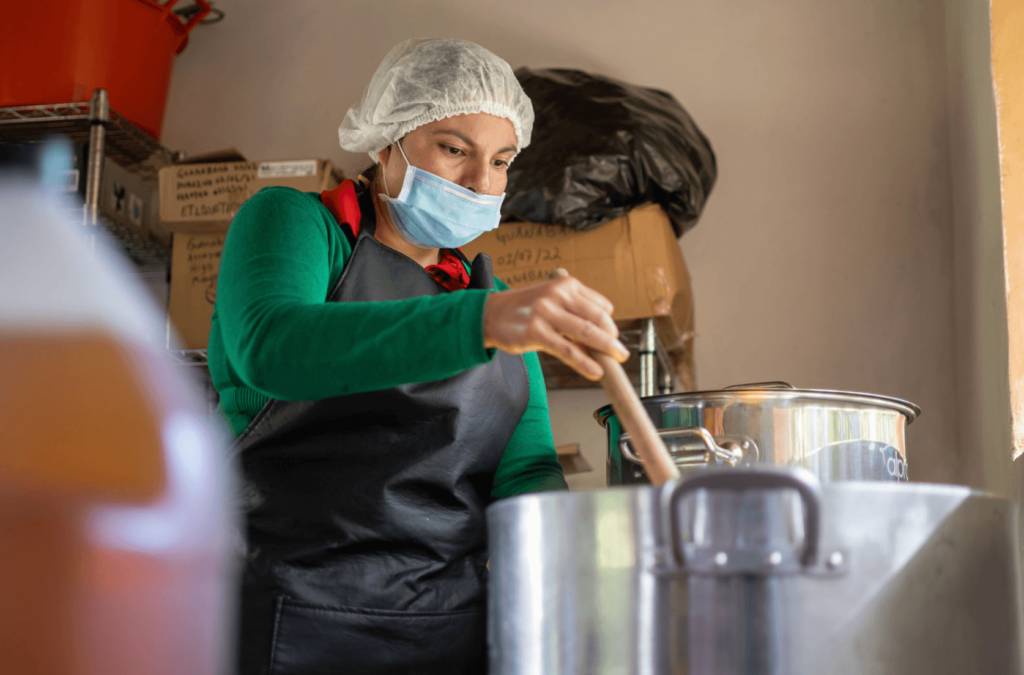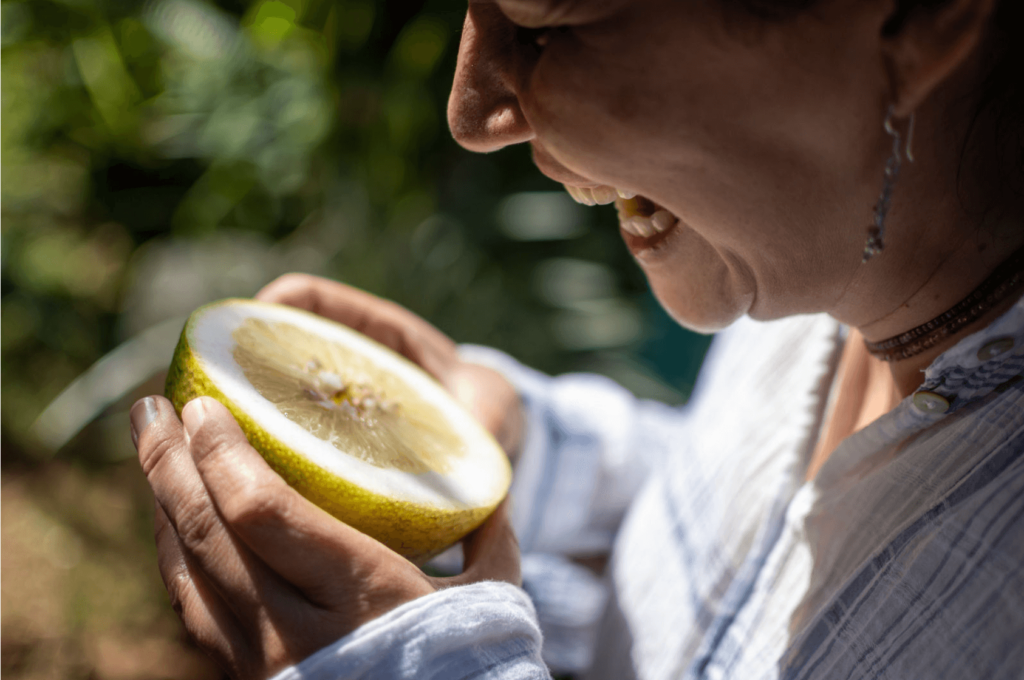In the vast landscape of sustainable tourism, women are leading a quiet but powerful revolution. According to a recent report by the World Tourism Organization (UNWTO), more than 54% of the leaders in organizations dedicated to promoting sustainable tourism worldwide are women. From environmental conservation to community development, their leadership is leaving an indelible mark on the tourism destinations we frequent. In this article, we will delve into the significant impact women are having in creating a more sustainable future for the tourism industry.
Leadership in Environmental Conservation and Community Development:
Women are at the forefront of multiple environmental conservation initiatives in tourist destinations around the world. In fact, they represent 46% of the agricultural workforce in developing countries, according to data from the International Union for Conservation of Nature (IUCN). Their active commitment to environmental protection has led to a more balanced approach to sustainability in eco-tourism, where many of these initiatives take shape.
In addition to leading conservation, women are also leading community development in tourism destinations. Women-led projects, such as handicraft cooperatives, agro-tourism and guide services, are not only generating income for local communities, but are also promoting the preservation of culture and heritage. Their impact extends beyond environmental conservation to encompass the economic and social empowerment of local communities.
Innovation and Sustainable Entrepreneurship:
Female entrepreneurship is driving innovation in sustainable tourism, from responsible tourism initiatives to conservation-focused social enterprises. Women entrepreneurs are leading the charge towards more ethical and sustainable business models, considering not only profitability, but also the social and environmental impact of their enterprises. Their holistic approach is transforming the tourism industry, promoting more authentic and responsible experiences for conscious travelers.
Pending Challenges:
Despite these encouraging developments, we still face challenging realities. Although women make up approximately 54% of the total workforce in the tourism industry, they are disproportionately represented in lower paying and less recognized jobs. Roles such as cleaning staff, waitresses, receptionists or tour guides, occupied primarily by women, are often undervalued and underpaid compared to their male counterparts.

This disparity reflects a persistent gap in the tourism sector, where women face significant barriers in terms of access to well-paid jobs, career advancement opportunities, and recognition for their hard work.
As we move toward a more sustainable tourism future, it is imperative that we recognize and support the critical role that women play in this transformation. In doing so, we will not only advance gender equality in the tourism industry, but also ensure a more inclusive and sustainable future for all.
Unpaid work in family tourism businesses:
In addition to facing these wage inequalities, women carry out a large amount of unpaid work in family tourism businesses, a reality that often remains in the shadows. According to UNWTO data, women represent approximately 70% of the workforce in these businesses worldwide. This unpaid work covers a wide range of responsibilities essential to the operation of the business, such as customer service, reservation management, administration and cleaning.
Despite the crucial importance of these tasks, they are rarely recognized as a formal economic contribution. This lack of recognition reinforces the persistent gender gap in the tourism sector, where women face significant challenges in terms of access to well-paid jobs, career advancement opportunities and valuing their work.

To address these inequalities and promote greater gender equity in tourism, it is imperative to implement concrete policies and measures. This includes promoting pay equity, removing barriers to women in leadership positions, and valuing and recognizing the unpaid work they do in family tourism businesses. Only through concrete and committed actions can we build a fairer and more equitable tourism sector for all its participants.
How to deal with this problem?
A study conducted by ALTERNA in communities strengthened by the Market Ready model, facilitated by La Mano del Mono, highlights a disturbing reality: the majority of impact-generating businesses are led by men, with 69%, while women represent only 31%. However, it is essential to recognize and raise awareness of the valuable role that women play in this context, despite these unbalanced figures.
Although statistics reflect a gender gap in business leadership, it is imperative to highlight the remarkable contribution of women who lead 31% of these businesses. This diversity reflects an entrepreneurial community in which both men and women are committed to making a positive impact on their communities and preserving the environment.
The impact generated by these businesses varies according to the stage of development, which is evidence of the potential and perseverance of women on the road to sustainability and success. Despite the obstacles, women are demonstrating their capacity to lead consolidated companies, as well as growing businesses that generate a positive impact on their communities and the environment.
It is critical to understand the importance of continuing to encourage and support women in business. Market Ready has played a key role in strengthening the knowledge and skills of these entrepreneurs, providing them with the necessary tools to grow their businesses and drive positive change in their communities.
Despite the challenges and inequalities, it is inspiring to see how these women are making a difference in their communities and the environment, being examples of resilience and determination. Recognizing and supporting women's leadership is essential to building a more equitable and sustainable future for all.
Market Ready Tourism offers an innovative model that guides adventure and experiential tourism companies and destinations towards preparing and connecting with local and global markets. However, its objective goes beyond the mere preparation and connection of tourism destinations, as it also seeks to promote the inclusion of women in all stages of the process.
Why is Market Ready part of the solution?
Inclusion of Women: Market Ready Tourism actively promotes the equal participation of women in the tourism industry. Through training and empowerment programs, female leadership is encouraged at all levels, from management to rank-and-file staff.
Strategic Alliances with Women's Businesses: Market Ready facilitates the creation of strategic alliances with women-led tourism ventures, giving them the opportunity to stand out and prosper in the industry.
Measuring Social and Economic Impact: Market Ready provides tools to measure the social and economic impact of tourism initiatives, including recognition of women's unpaid work in family tourism businesses.
The Future of Sustainable Tourism is Female:
As we move toward a future where sustainable tourism is critical, it is crucial to recognize and support women's leadership in the field. By celebrating and amplifying the voices and contributions of women in sustainable tourism, we can move toward a future where travel enriches our lives, as well as the planet and the communities that call it home. Their inspirational leadership is making a significant difference in shaping a more sustainable future for the tourism industry, where equity, inclusion and environmental responsibility are paramount.
Ready to be part of the change? Support initiatives that promote gender equality in the tourism industry and the empowerment of women around the world. Together, we can create a more sustainable and equitable future for all.

